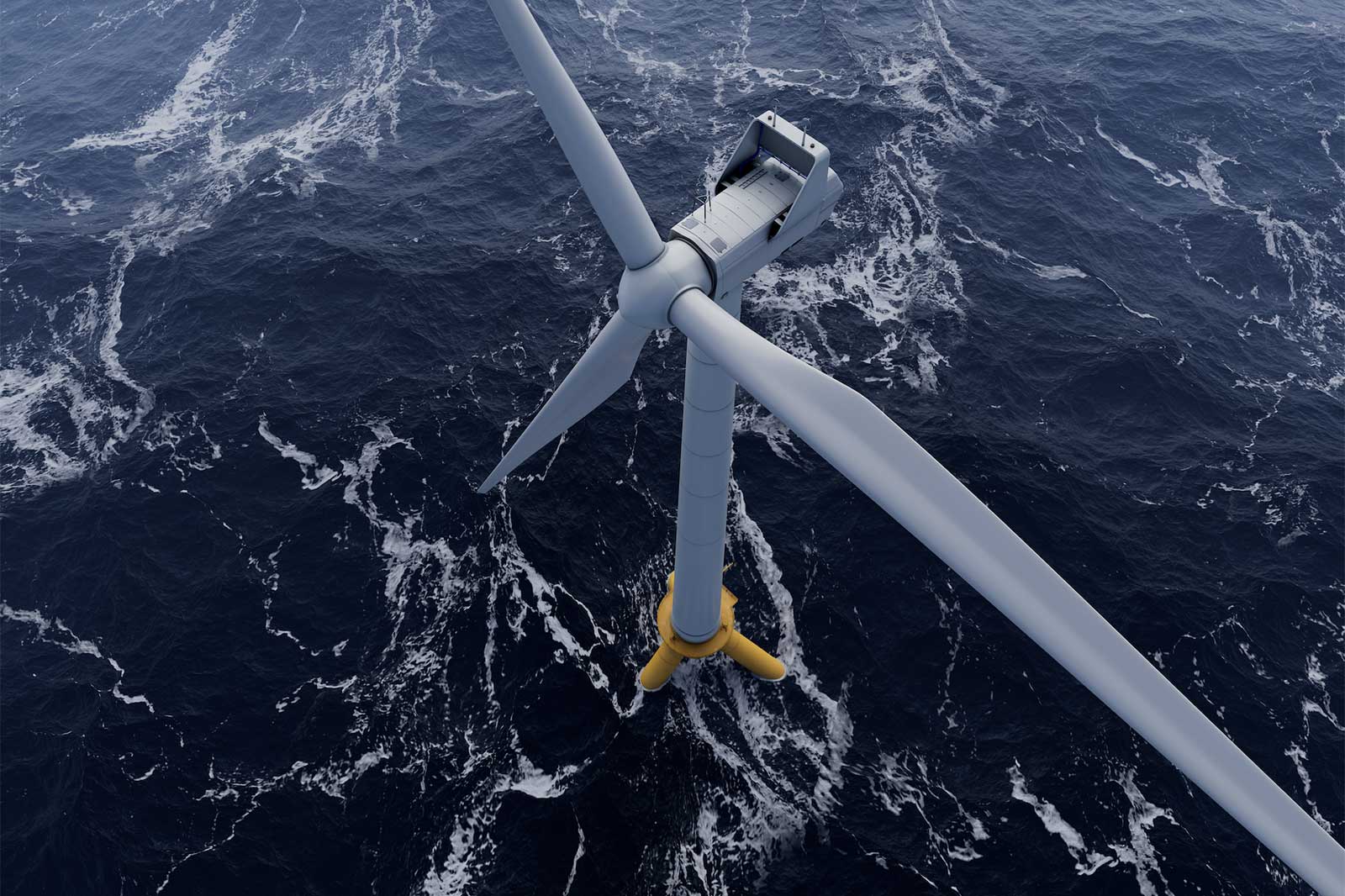RWE kicks off its latest Scottish wind project as Golticlay heads into construction
03.07.2025

Initial findings from a supply chain study by RWE and Marine Power Systems are helping identify where Wales and the region can benefit from the forthcoming Celtic Sea floating wind technology boom.
The study is funded by RWE, Wales’ largest energy generator, and carried out by Swansea-based company Marine Power Systems, which is developing a floating wind platform solution called PelaFlex for industrial-scale application. RWE is working with the company to help prove the platform’s capabilities in the Celtic Sea marine environment, and test the deliverability of the technology in the region. It identifies economic opportunities that could be unlocked, and what businesses need to do to stay competitive.
RWE is preparing to bid into the Crown Estate’s forthcoming Celtic Sea seabed leasing auction later this year, where up to 4GW of floating wind will be awarded, and many more gigawatts expected in the future. In anticipation, the company has prepared a major supply chain initiative which will be unveiled next month, and which is aimed at fostering innovation, and maximizing opportunities for local companies.
Tom Glover, RWE’s UK Country Chair said: “The study shows there is clear potential for Wales and the region to benefit from the multi-billion pound economic opportunity that the Celtic Sea represents. RWE aims to deliver at least 1 gigawatt of floating wind in the Celtic Sea via this pending leasing round, and is already collaborating with the region’s ports and industries to help unlock future potential. The willingness is there but requires strategic investment decisions to be taken now. By combining the expertise of the sector, the support of both the Welsh and UK governments and industry, we can maximise this huge potential for long-term industrial growth, retention of existing jobs as well as creating new high-quality jobs and skills development.”
The first phase of the study showed that:
MPS’s solution aims to help increase local content by leveraging existing supply chain capability and enabling a wide range of ports to support deployment. A second phase of the study will follow during which MPS will focus on the potential roles and capabilities of specific suppliers, ports, fabricators and manufacturers, alongside training and academic establishments, for delivering the technology bonanza.
Gareth Stockman, CEO at Marine Power Systems said: “The Celtic Sea represents a hugely exciting opportunity and, with the right investment and collaboration, is one which can support economic growth and sustainable development in the region for years to come. Our floating offshore wind platform, PelaFlex, is well suited to such a high energy environment. The modular and structurally efficient design provides utility scale developers with maximum flexibility between reducing cost and increasing local economic benefits, whilst accelerating farm development at scale. We are looking forward to working with our colleagues at RWE on the second phase of this project, and continuing to demonstrate the benefits of our flexible floating platform technology ahead of the upcoming leasing auction for the Celtic Sea.”
Beyond the Celtic Sea, RWE’s ambition is to develop commercial-scale floating projects around the world and is participating in joint industry projects and has active involvement in three high-profile demonstration projects in Norway, Spain, and the USA.
Pictures for media use are available at the RWE Media Centre (credit: Marine Power Systems).